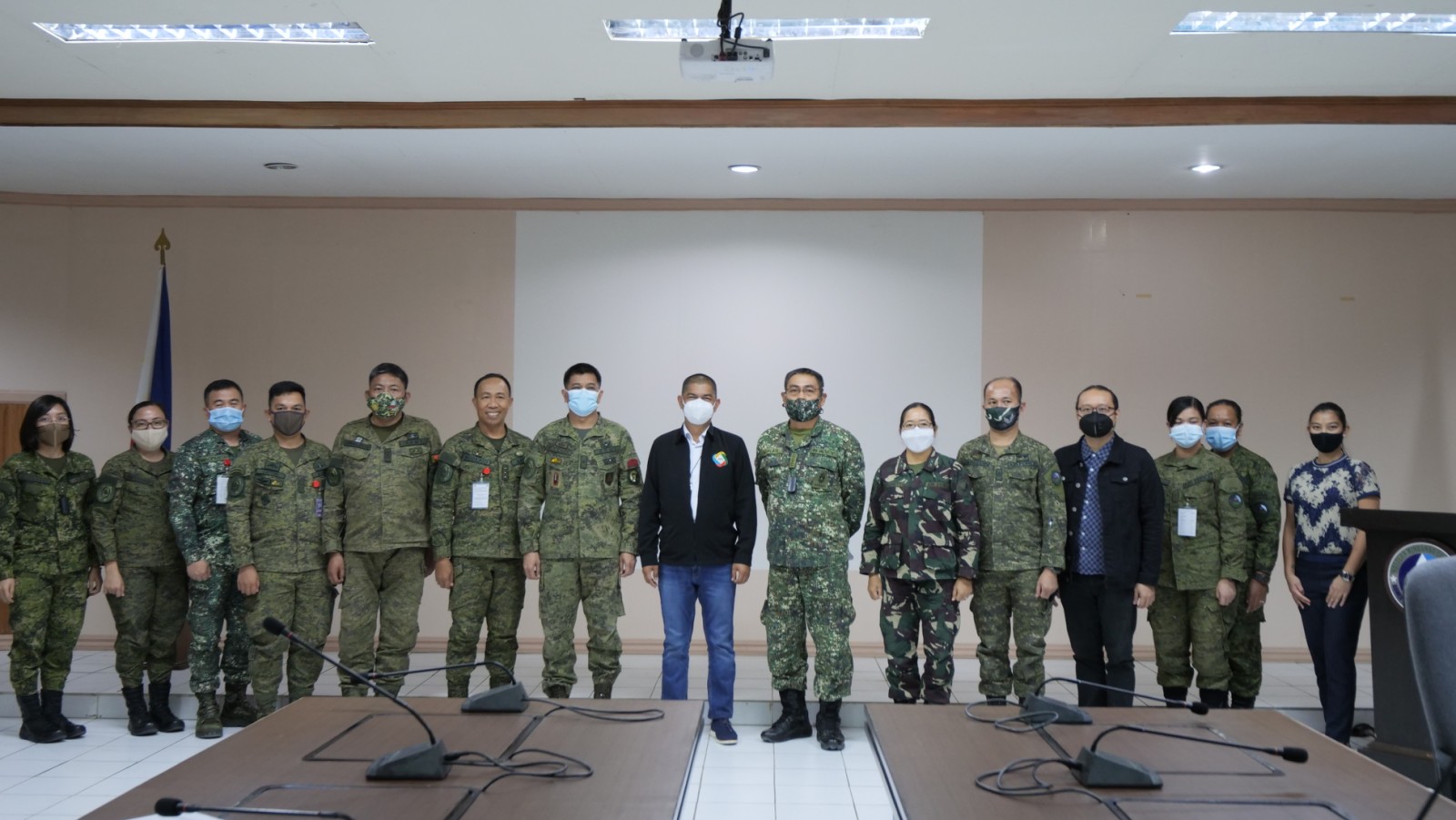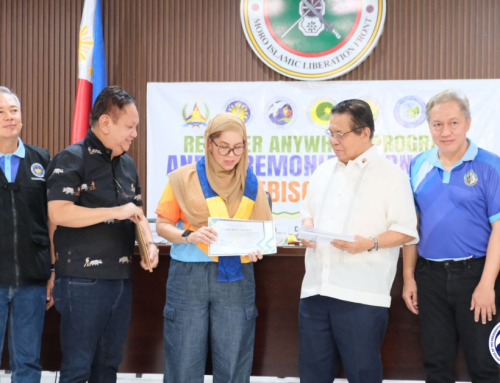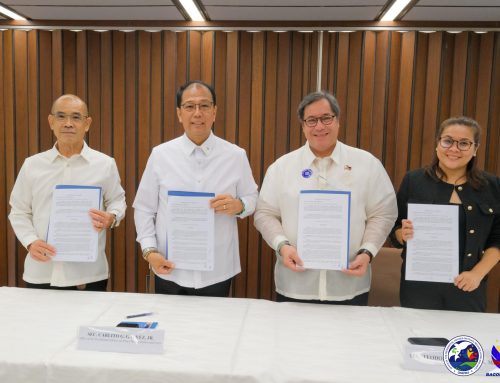ZAMBOANGA CITY – The Office of the Presidential Adviser on the Peace Process (OPAPP) has over the years focused on sustaining the gains of the Bangsamoro peace process by recognizing the vital role of its partners and actively engaging them in dialogue.
In line with this goal, OPAPP conducted a three-leg Information, Education, and Communication (IEC) campaign among members of the Armed Forces of the Philippines (AFP) to highlight developments in the peace process between the government and the Moro Islamic Liberation Front (MILF).
The week-long campaign held in Zamboanga City, Basilan, Sulu and Tawi-Tawi was conducted in collaboration with the AFP through its Peace and Development Office as well as the Western Mindanao Command (WESMINCOM).
Updates on normalization track
The activity aimed to enhance the knowledge and appreciation of members of the AFP and the Philippine National Police (PNP) on the Bangsamoro peace process, as well as update them on developments under the Normalization Program of the Comprehensive Agreement on the Bangsamoro (CAB).
“The campaign emphasized the importance of our joint undertakings when we are all working towards building on what we also worked on together to achieve,” GPH Peace Implementing Panel Chair and OPAPP Undersecretary David Diciano told personnel of the AFP and PNP during the dialogue.
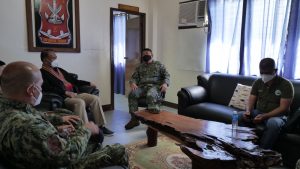
“We have come to impart knowledge, but we also learned a lot from you. This is a sign of a good partnership,” Chair Diciano added.
Diciano, a retired army general who was assigned in Mindanao for many years, emphasized that obtaining feedback and suggestions from troops on the ground are vital to the peace process.
The information campaign provided participants coming from Zamboanga and the island-provinces an opportunity to share their views as well as their experiences on the ground.
Engagement and coordination
AFP Peace and Development Office Chief and GPH Co-Chair of Joint Peace and Security Committee BGen. Francisco Ariel Felicidario III encouraged battalion commanders to continuously touch base with their MILF counterparts.
Likewise, Felicidario urged military officers to strengthen their ties with local government units in their respective areas of coverage by conducting regular meetings and consultations with them.
GPH Co-Chair of the Joint Normalization Committee Ariel Hernandez emphasized the importance of utilizing the “bottom to top approach” in finding solutions to peace and security concerns that need to be addressed, particularly at the community level.
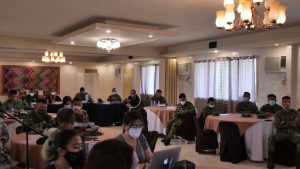
He added that the experiences of troops in the field, as well as information gathered from their places of assignment, should be shared with the peace panel as part of the documentation and consultation process.
PNP Peace Process and Development Center Chief and GPH Ad Hoc Joint Action Group Chair PBGen. Eden Ugale provided a briefing on the Protocol of Cooperation on the agency’s Anti-Illegal Drug Operations in MILF areas and communities.
Ugale laid out the procedures and defined the roles of the government and the MILF in effectively dealing with the illegal drug trade in the area.
He emphasized that the main goal of the intervention is to bring to justice arrested drug personalities.
Updates and development on peace-building programs
Meanwhile, OPAPP CAB Implementation Department Director and head of the JNC Secretariat Director Wendell Orbeso briefed participants on the progress of the implementation of the Program for Normalization in the Bangsamoro, including the socio-economic assistance being provided to decommissioned MILF combatants.
OPAPP Director and head of the GPH Peace Implementing Panel Secretariat Ishmael Bahjin discussed the features of the Bangsamoro government, explaining how it is helping to bring long-lasting peace and sustainable development in the region.
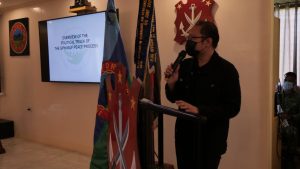
Under the normalization track of the CAB, more than 12,000 MILF-Bangasamoro Islamic Armed Forces (BIAF) members have undergone the second (third) phase of decommissioning and are now making the transition to peaceful and productive civilian life.
Through the GPH and MILF’s Peace Implementing Panel’s Joint Task Forces on Camps Transformation (JTFCT), Camps Transformation Plans (CTP) are now being crafted for the government-acknowledged MILF camps.
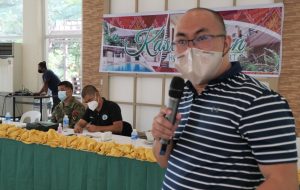
These CTPs are “community-driven” wherein the MILF members and their families are actively involved in the planning process by obtaining their suggestions on what kind of interventions they want to be implemented in their areas.
Once completed, these CTPs will serve as a blueprint in carrying out various socio-economic initiatives in these MILF camps, which aim to uplift the welfare of beneficiaries and other residents.
The international donor community is also actively supporting the peace and development initiatives being carried out by the national and Bangsamoro government by implementing infrastructure projects and livelihood programs in the region.###


